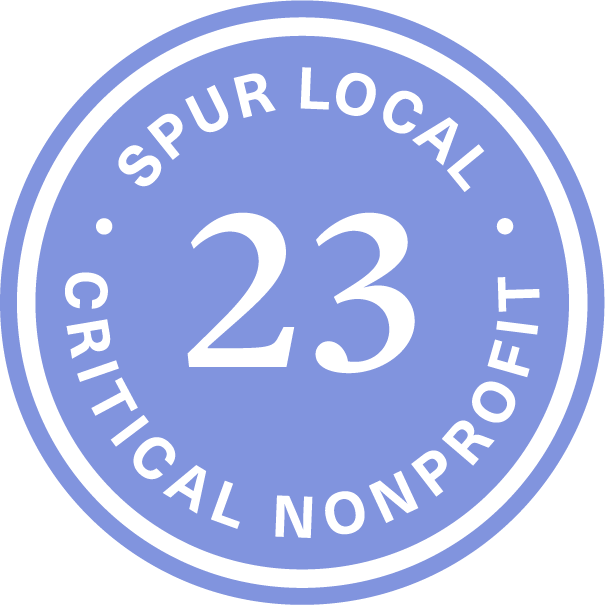
Note: This is the 8th post in DASH’s ongoing What It Takes blog series, which examines and explains the various factors that make getting safe from abuse so difficult. Each post explores factors that survivors have to navigate on their journey to finding safety. Learn more about the campaign at the What It Takes page, and please spread the word: #WhatItTakesDC.
This is a guest blog from the DASH Community Housing Advocate
The biggest barrier to safety for survivors of domestic violence is access to safe housing. We hear this again and again from the survivors who come to the Housing Resource Center looking for help. They want to leave but they don’t have the financial resources to live on their own and can’t get into a local shelter. But safe housing is not the only barrier. For some survivors the biggest challenge to finding safety isn’t tangible; it’s fear, depression, low self-worth and anxiety.
At DASH we do everything in our power to provide access to safe housing so our clients can escape abuse and move forward with their lives. We don’t require proof of abuse or residency. We work with clients who are struggling with mental illness and substance abuse and we welcome survivors regardless of gender identity or sexual orientation. We strive to meet survivors where they are when they need us.

Sometimes, as hard as we try, as many resources as we offer, it still isn’t enough though. The reality is that finding safe, affordable housing in the District of Columbia is a long, difficult process that can take months of planning and waiting. Finding housing is already an exhausting process – but it’s especially difficult for survivors who often fear for their lives and have been hugely impacted by trauma. It takes a tremendous amount of strength to call us every week and just as much courage to discuss their lives with total strangers at our Housing Resource Clinic. There are clients that contact us frequently over a period of months all the while living with abusive circumstances. Although these tasks may seem small they require levels of emotional energy that survivors must muster up from somewhere in an effort to stay consistent.
One woman who came to see me at Wednesday clinic was dressed from head to toe in black. She whispered so softly that I could barely hear her. She was in constant fear of her abuser, that he would find out she was leaving or where she was. She felt so threatened that she refused to have a phone as she believed he would use it to track her location. “I’m afraid to leave and I’m afraid to stay,” I remember her saying as we discussed her options. This was a survivor who was financially stable, but she was so beaten down both emotionally and physically that it had taken her years to reach out for help.
Most of the clients I meet with are either dealing with feelings of depression or anxiety due to their abusive relationships. Emotional trauma can manifest physically through lack of sleep or oversleeping, not eating or over eating, self-harm behaviors like substance use, digestive problems, headaches, weaken immune systems and poor emotion regulation like bursts of anger or sadness. They are often either debilitated and void of motivation and energy, or they can’t focus and seem riled up and angry.

One man had an emotionally abusive girlfriend. She constantly berated him telling him he was worthless and would never amount to anything. His self-esteem got so low that he could barely get off the couch. He started to believe that he needed her, that he was nothing without her. He subsequently stopped taking care of himself. It took a lot of energy and courage for him to meet with me, and that was just the beginning of the process.
Another hurdle that clients deal with is sharing a child with their abuser, which is not uncommon. This can add a whole other level of complexity to leaving a relationship. One abuser had repeatedly threatened my client that if she left him he could make sure he got custody of their two children. She waited two years to try and leave because she didn’t want her children to stay a lone with him, afraid of what he was capable of. Other mothers deal with conflicted emotions, wanting their children to have a father while also needing to shield them from abuse.
Finding safety from abuse is never easy. We’ve talked about some of the reasons why like technological abuse and stalking, lack of financial resources and housing options. These are all huge barriers for survivors – but dealing with feelings of depression, anxiety, fear or low self- worth are equally challenging. It takes a lot for survivors to get in the door at the clinic or to find the courage to call DASH. For those who say, “just leave” to survivors I ask you go a little deeper and try to understand some of the difficult realities of domestic violence. It’s never that easy or that simple.





